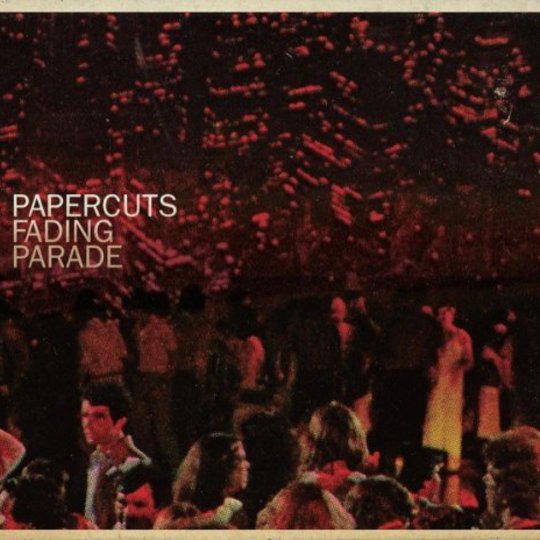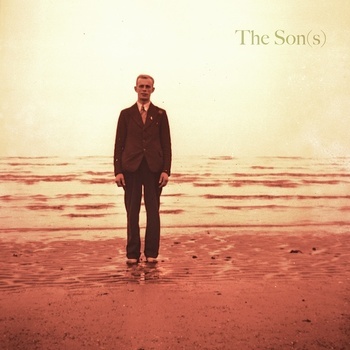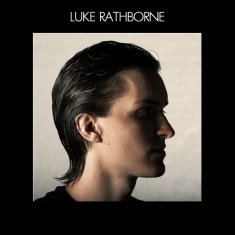There’s something very unassuming about Fading Parade, Papercuts’ fourth album proper, and first for Sub Pop. It’s neither gaudy nor timid, but there’s a quiet familiarity about Bay Area local Jason Quever’s ten shimmering pop songs. My instant initial association (whether well-founded or not) was actually with Miracle Fortress’s 2007 debut Five Roses, an album that came to soundtrack a summer without any real knowing or say-so on my part. Its Beach Boys influences, and begging for the use of the phrase ‘reverb-soaked’ as an adequate descriptor soon became inseparable from those hazy summer late-afternoons spent busying myself around and about my hometown. It’s something that Fading Parade seems intent on doing itself, slyly carving itself a place on the stereo over the calmer days of the approaching summer months.
‘Do You Really Wanna Know’ immediately asserts that Californian nostalgia, a plucked guitar line anticipating a full band entry that feels like a splash into a body of water, that same body that you’re then suspended beneath for the record’s duration. Even Quever’s featherweight vocals (which often expand into rich Sixties harmonies) have something of the aquatic about them, something muffled and obscuring that suggests they’ve floated through liquid rather than air. As a consequence of this spacious and resonant quality, it’s often hard to decipher exactly what’s really intended to be communicated. Only a few distinct phrases and gestures seem to filter through (namely, those that suggest serious, but ultimately inconsequential reflections: talk of “dreams and doubts” on ‘Do You Really Wanna Know’; the assertion that “home is where you run to” on ‘Do What You Will’ - never anything too close to the bone.)
Undoubtedly, it’s the roomy echo and sustain applied to the layers of capacious percussion and rolling organ waves that defines the texture of Fading Parade. What’s great about this, though, is that Quever seems to be well aware of the boundary between an intentionally viscous sound and an incessant sludge that’ll weigh the listener down. Take, for example, the transitions between the seabed pressure and syrupy density of the songs like ‘White Are The Waves’ into the airy, floating waltz of ‘Wait Till I’m Dead’. It’s something that’s also evident from a closer perspective, where shorter, lighter bridge sections come to divide songs such as ‘I’ll See You Later, I Guess’ and ‘Do What You Will’ into more traversable pieces of music. It’s undeniably something that saves the record from drowning beneath its own weight.
This self-awareness, however, isn’t going to stop me for criticizing Fading Parade for being a record stuck in one gear. Save for a few exceptions, the record doesn’t often seem to push pass a lethargic march (which, as it’s just struck me, may be an intentional nod to a dominating theme – that of the Fading Parade). Either way, it wasn’t an issue that irritated me until I really came to sit and listen to the album, to pay attention to its finer details. Again, I can’t help but feel that it’s best not to award too much concentration to Fading Parade, but simply let it unfold at its own pace. ‘Winter Daze’ is one notable standout from the collection, with a shift in instrumentation offering some welcome variety. While the songs offers little change in terms of pacing and form (Quever’s sunny, major-key melody, draped over a slow, quiet march), a more pronounced reliance on acoustic instruments - based on a simple drums, piano, acoustic guitar, bass setup - makes this an entirely different landscape to those that precede it.
The key to Quever’s wide-eyed songwriting seems to be that each element contributes to one overall sound – they’re washed in with one another on a pallete, rather than presented alongside each other on canvas, and it’s this undefined, hazy quality that makes Fading Parade perfect for filtering through your subconscious. It’s no good for serious contemplation, but then I doubt that’s what it’s intended for – definitely one to keep handy for a sleepy August afternoon.
-
6Sam Cleeve's Score






















